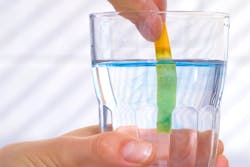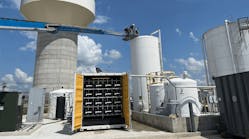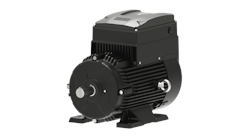Water treatment dealers who service residential, light commercial, municipal or industrial customers know that testing is an imperative step before recommending filtration solutions.
Who is most appropriate for water testing? What should be tested? As advances in field testing equipment continue forward, when and where is field testing and laboratory testing most appropriate? Why is testing important today? And, the best way for water treatment dealers to market and sell this equipment and service?
We look to answer these questions and more in our online exclusive newsletter this month on the topic of water testing.
Who is an ideal customer and what should be tested
A quick look at EPA’s National Primary Drinking Water Regulations web page will reinforce that there are many contaminants that can be present in customers’ water.
Beyond these known contaminants, filtration variables such as temperature, TDS and pH must also be tested.
Many contaminants in water, such as arsenic, are found in water in different forms. Sometimes a species test is needed for accurate equipment installation.
These are but a few factors and contaminants that water treatment dealers can provide testing services for.
So, who is a potential customer? While the current customer base is an ideal target, practically any homeowner or business owner who uses water for any purpose, including drinking, industrial or agricultural reasons, is a candidate for water testing.
When and where is a lab analysis versus field testing appropriate?
Laboratory testing can provide a more detailed look into a customer’s problem water.
However, there are cases when field testing is more sensible and useful. Testing a water’s pH or chlorine tends to be more accurate in the field than in the lab.
Both pH and chlorine have a holding time of 15 minutes, making field testing more practical than laboratory testing.
Also, dealers can test for total hardness, pH, copper, total alkalinity, chlorine, nitrate, iron, manganese and bacteria easily in the field as well.
Field testing equipment continues to evolve. Recent advancements and trends indicate that field equipment is more versatile and compact.
Why is it so important and how can water treatment dealers capitalize?
Without proper testing, dealers try and solve problem water blindfolded.
Oftentimes, contaminants, treatment factors and risk can go unnoticed in water. Quick field testing can enhance your business in many ways.
Onsite testing at many industrial, municipal, residential and commercial accounts is made possible today by advanced equipment.
On the other hand, lab testing, when performed correctly and user error in sampling is minimized, can reassure and protect certain customers from risk.
Testing provides validity, credibility and positive customer satisfaction.


